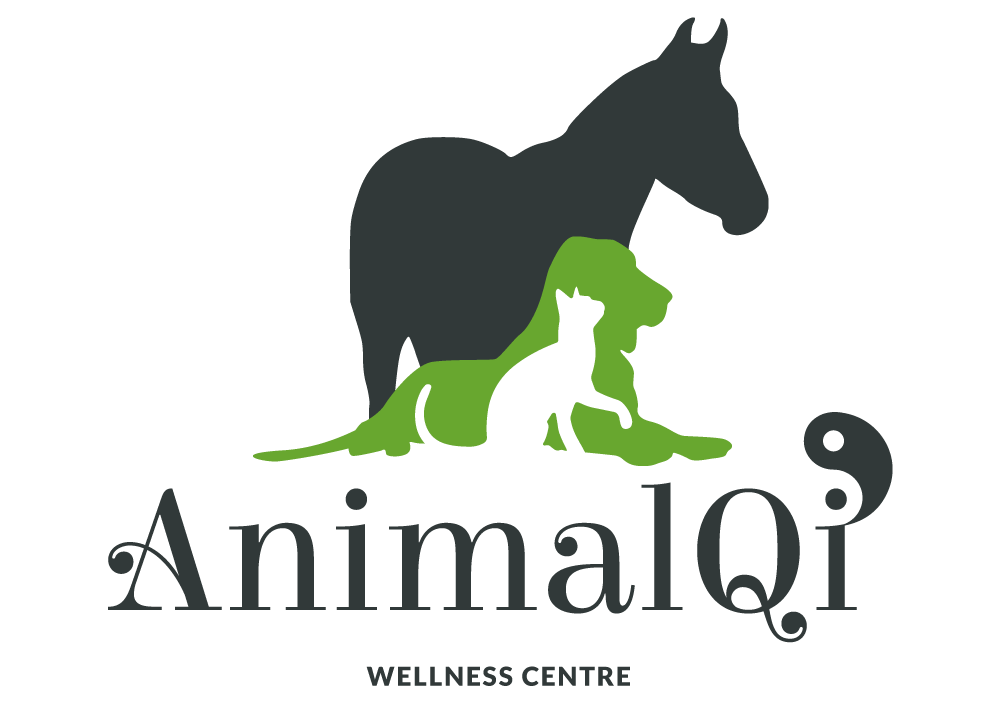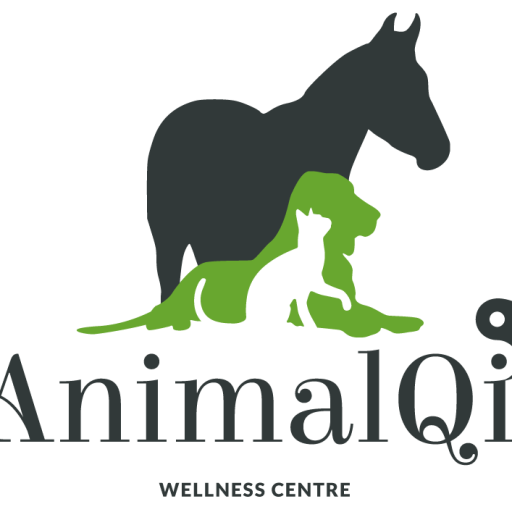Understanding Parvoviral Infection in Dogs: Vaccination, Treatment, and Why It Matters
Canine parvovirus (CPV) is a highly resilient and contagious virus that primarily affects the gastrointestinal tract and immune system of dogs. It is particularly severe in puppies, as they have weaker immune systems. The virus is shed in the faeces of infected dogs and can survive in the environment for months, making it easy for other dogs to contract the disease.
Symptoms of Parvoviral Infection:
- Severe diarrhoea, often bloody.
- Vomiting.
- Loss of appetite.
- Lethargy.
- Dehydration.
- High fever.
- Rapid weight loss.
Parvoviral infections can progress rapidly, leading to dehydration, septicaemia, and cardiac complications, which can be fatal if left untreated.
Importance of Vaccination
Vaccination is the most effective way to prevent parvoviral infection in dogs. Puppies are especially vulnerable to this disease, and they receive their initial parvo vaccine as part of a comprehensive puppy vaccination series, usually starting at around six weeks of age. The vaccine stimulates the dog’s immune system to produce antibodies against the virus, providing protection.
Vaccination Schedule:
- Initial vaccination: At 6 weeks of age.
- Booster shots: Administered every 3 weeks until the puppy is 12 weeks old.
- Annual boosters: To maintain immunity throughout the dog’s life.
Vaccinating your dog at a veterinary clinic is vital for several reasons:
- Expertise: Veterinarians are trained to administer vaccines safely and effectively, minimizing the risk of adverse reactions.
- Proper Storage: Vaccines must be stored at the correct temperature to remain effective. Veterinary clinics have the necessary equipment and protocols to ensure this.
- Medical Records: Veterinarians maintain accurate records of your dog’s vaccination history, making it easier to track and schedule future vaccinations.
- Timely Updates: Veterinarians stay updated on the latest vaccine recommendations and can advise on any changes in the vaccination schedule.
- Pet insurance: Pet insurance or medical aid for pets only cover illness if the vaccines were done by a registered veterinarian. Your pet should receive a vaccination certificate (booklet) that will be signed by the veterinarian at each vaccination.

Intensive Medical Treatment for Parvovirus
When a dog is infected with parvovirus, prompt and intensive medical treatment is essential. Hospitalization is often required due to the severity of the disease. The treatment aims to address the following aspects:
- Fluid Therapy: Dehydration is a significant concern, so dogs receive intravenous fluids to maintain hydration and correct electrolyte imbalances.
- Nutritional Support: Many dogs with parvo lose their appetite and cannot eat on their own. They may require a feeding tube to provide essential nutrients.
- Medications: Anti-nausea medications, antibiotics to prevent secondary infections, and drugs to control vomiting are administered.
- Isolation: Infected dogs are isolated to prevent the spread of the virus to other animals.
Why Parvo Treatment is Costly
The cost of treating a dog with parvovirus can be substantial, and several factors contribute to its expense:
- Hospitalization: Dogs with parvo often require an extended stay in the hospital, which includes intensive care by trained veterinary staff.
- Medications: The medications used to manage the symptoms and complications of parvovirus can be expensive.
- Diagnostic Tests: Tests such as blood work, faecal examinations, and diagnostic imaging are necessary to monitor the dog’s condition and adjust treatment accordingly.
- Isolation Protocols: The isolation of infected dogs requires dedicated facilities to prevent the spread of the virus, increasing operational costs.
- Laboratory Testing: Regular testing is needed to monitor the progress of treatment and adjust the therapy plan accordingly.
Parvoviral infection in dogs is a serious and potentially fatal disease that can be prevented through timely vaccination. Veterinarian-administered vaccines and a proper vaccination schedule are essential to ensure your dog’s protection. In cases where infection occurs, intensive medical treatment in a hospital setting is necessary, and the associated costs reflect the comprehensive care required to save the dog’s life. Investing in vaccination and seeking prompt veterinary care is not only essential for the well-being of your pet but also contributes to the overall health of the canine community by preventing the spread of this devastating virus.
Investing in your pet’s dental health not only enhances their quality of life but also prevents costly treatments down the road. Take action now and give your furry friend the gift of a radiant smile and a pain-free life.
Book an APPOINTMENT today!
Please email us at info@animalqi.co.za
Our experienced team of veterinarians is here to help your pet feel their best.
(Diagnoses and treatment advice will not be given on email of WhatsApp)

